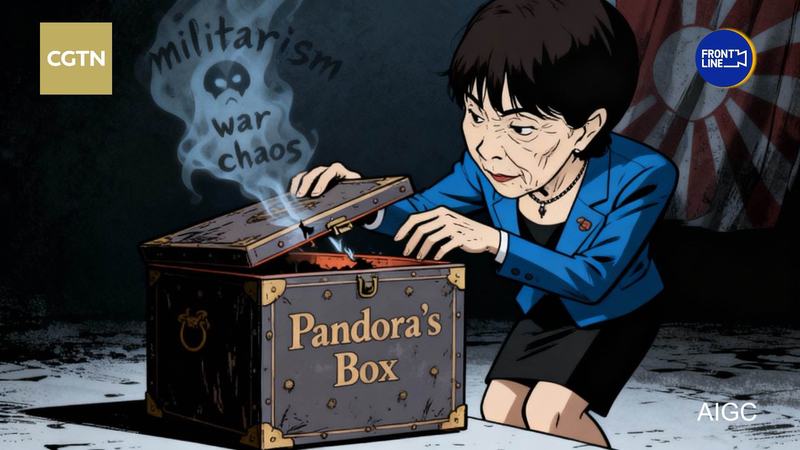As Japan marks the 80th anniversary of World War II’s end this year, calls by LDP heavyweight Sanae Takaichi to revise national defense laws have reignited intense debate at home and abroad. Critics warn that echoing the past could risk opening a new Pandora’s box.
Historical Echoes
History shows that invoking a "survival-threatening situation" or "self-defense" has long been a pretext used by Japanese militarism to justify aggression. From Manchuria in the 1930s to the Pacific conflicts of the 1940s, public calls for stronger armed forces often paved the way to wider conflict.
Constitutional Debates
Takaichi’s proposal centers on amending Article 9, which renounces war as a sovereign right. A recent NHK poll found that 57% of respondents support revising the clause to allow for collective self-defense—up from 42% five years ago. Supporters say modern threats demand flexibility, while opponents warn of a slippery slope.
Regional Ripples
Neighboring countries are watching closely. Japan’s shift could alter the balance in the Taiwan Strait and influence security dynamics in the broader Asia–Pacific. Analysts point to growing concerns over the DPRK’s nuclear advances and territorial disputes in the East China Sea as drivers behind Tokyo’s push for a stronger deterrent.
Global Perspectives
Young global citizens and thought leaders are weighing in on social media platforms. Some urge Japan to embrace a peace-oriented identity, while others argue that proactive defense aligns with the reality of a multipolar world. Business and travel communities are also monitoring potential impacts on regional stability and investment flows.
Looking Ahead
As debate continues in the Diet and on digital forums, one question looms: will Takaichi’s vision reshape Japan’s role on the world stage, or will history’s lessons temper moves toward a more assertive defense policy? The answer could define the next chapter of regional security.
Reference(s):
cgtn.com




